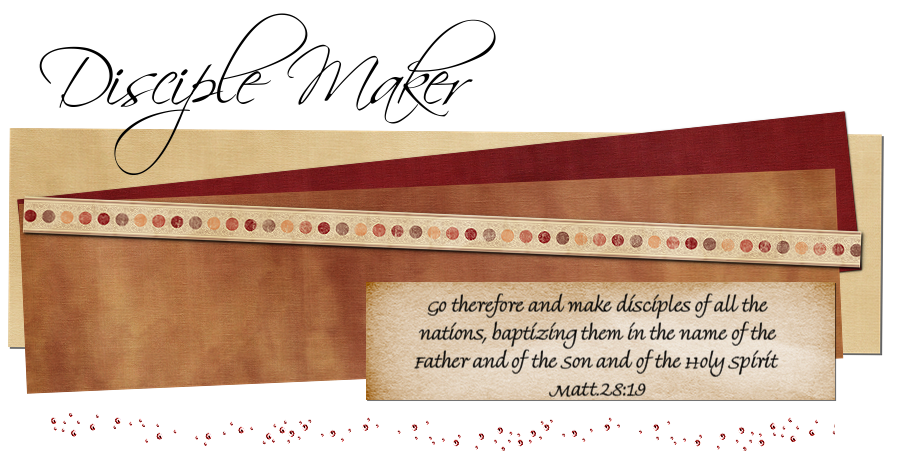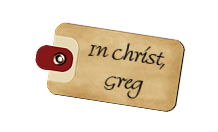Cultivating Missional Living Sermon 9
Like a Good Neighbor; Knowing and Loving Your Neighborhood
Jeremiah 29:4-7, Matthew 5:14
Good News for Our City
Though chance or circumstance may appear to be what brought us
to the place we live, as followers of Christ we can be assured that God sent us
on an assignment as a participant in His mission to the world. Our location in
this world is no accident. The people in our immediate neighborhood and the
community that surrounds us are the ones to whom the Lord has sent us and for
whom He has raised up our church. As individuals and as the collective body of
Christ, we are called to seek the welfare of the very people we are living
among.
Jeremiah 29:4-7
In this passage God says to make a good life for ourselves
but also to seek the welfare of the city He has sent us to. ? In what ways do we
“seek” our cities welfare?....This passage also contains God’s instructions to
pray for the city He sends us to. Have you given this serious consideration?
(We spent time on this passage a few weeks ago. How does the thought of
beginning to pray for your neighborhood and city enliven you?
Matthew 5:14-16
In this verse Jesus says, “You are the light of the world.”
Wow, lets imagine that for a moment…Do you look at yourself this way?...Are
there currently any ways that your light is somewhat hidden under a basket?
Does the idea of “good works” excite you or turn you off?
Knowing and Loving Our Neighborhoods and Cities
Most of us view our neighborhoods and cities as little more
than places where we live. We live out our lives and simply hope for the best….for
a safe, peaceful, crime free community with good schools and nice parks and good
job opportunities, and maybe even some good arts and entertainment venues. But
a missional person sees his or her neighborhood differently. A missional church
views its community differently too.
A missional church is a fellowship made up of people who
individually and collectively own the responsibility for the welfare of their
particular community as a whole. And if our hopes of becoming a missional
church are to ever be realized, we must open our eyes to be missional people in
the very places we live and frequent. This begins with the street we live on,
which is our most immediate mission field. These pathways then stretch out to
our neighborhoods.
Seeking the Best for Our City
So, and here is what God is saying, when we make conscious and committed decisions-on a daily basis-to
seek the best for our neighborhoods and cities, life flourishes not only for us
but also for those whose lives we touch. No matter how we reach out, even if it
seems small to us, our collective actions become proportionately significant.
(Jeremiah 29:4-7)
Knowing People, Meeting Needs
As God’s
missionary people, sent ones, it is unavoidable that we constantly ask
missionary questions. So, what are some of the questions we should be asking
regarding our neighborhoods? Well:
How would a missionary live on my street?
What would he or she notice is missing here?
Who are the poor, marginalized, and hurting in my
neighborhood? (Oh, and don’t think they are not there!)
In what ways would my neighborhood be different if God’s Kingdom
came here as it is in heaven?
What would good news be for my neighbors right here, right
now?
Kim and I in Mexico
The Simple agenda of Jesus for winning the whole world is to
make each person he touches magnetic enough with His love to draw others. Jesus’ followers and faithful churches are
cities on hills and lights in the midst of darkness. Even though people in our
surrounding neighborhoods may or may never join our church, they will have no
choice but to see Christians and churches as essential components of the health
and hope of our community. (Matthew 5:14-16)
But and this is important, we can quickly react to needs
while unintentionally communicating that solving the problem is more important
than knowing the person with the problem. Any agency or government can do that.
What agencies and governments cannot do is something only a human can
do-building relationships with the people in need. When missionaries start with
need, hoping they will one day get to know people personally, they will most
likely be found years later, still addressing the same need.
On the other hand, when we start with people in empowering
relationships, we are still likely to get to the problems they have, but then work
together, with them, on the problems. The work, so to speak may start slower
and look less impressive when relationships are the priority before attention
to need, but it is more likely to be owned and reproduced by the people
themselves and, as a result, have a much longer lifespan.
Building a Community
The church is not the kingdom of God. It is an instrument,
or an entity, within the kingdom. It is then mandatory for us, that we
understand who we are and assume the role of servant for the kingdom of God. We
are God’s tangible expression of how He feels about the world. Most Christians
today are overwhelmed by what they believe to be their own lack of talents,
giftings or expertise to help others. The good news is that none of us must
have all the answers, resources, or solutions. That is one of the things that
makes community so diverse, colorful and creative.
So as we begin building community, we begin to see that our
neighborhood is a treasure chest. By opening the chest and putting all the
gifts together in many different ways, we then multiply the power of its
riches. ….Think of the street you live on. Consider the homes on either side of
you in both directions. Think of those across from you. It would amaze us all
if we really knew of all the gifts and talents of the people living in those houses-not
to mention the resources contained in them.
A community builds on the gifts of its people. It knows that
a gift is not a gift until it is given. Before it is given, it is only a beautifully
wrapped box. Gifts need to be named and exchanged, not only to create a capable
community, but also to create a functioning family. A church is a family that has discovered its capacity to produce for
itself, together with a capable community, all that is required for a truly
good life, a satisfying life. The tragedy of a dysfunctional family or
neighborhood is that the potential gifts of its members are never given away.
The road to loving our neighborhoods and cities can begin as
a treasure hunt, then by our prayerfully opening our eyes and ears, taking some
risks to get to know others, and giving ourselves as servants, we can play a
significant role in the future welfare of our cities.
So, In Response:
Begin this week, to take some time to use whatever media,
newspapers, magazines, the internet….watch the evening local news to learn more
about our community. Then follow that up with prayer for the welfare of our
city in light of what you know about its needs, asking God to bring His kingdom
to bear upon the situations as well as ones you don’t know about.
Then, begin this week to pray for people on your street.
Specifically pray for them by name if you know them. Pray for their spiritual
and physical needs. Pray not only for them in difficult situations but also
that they prosper and are well.






No comments:
Post a Comment